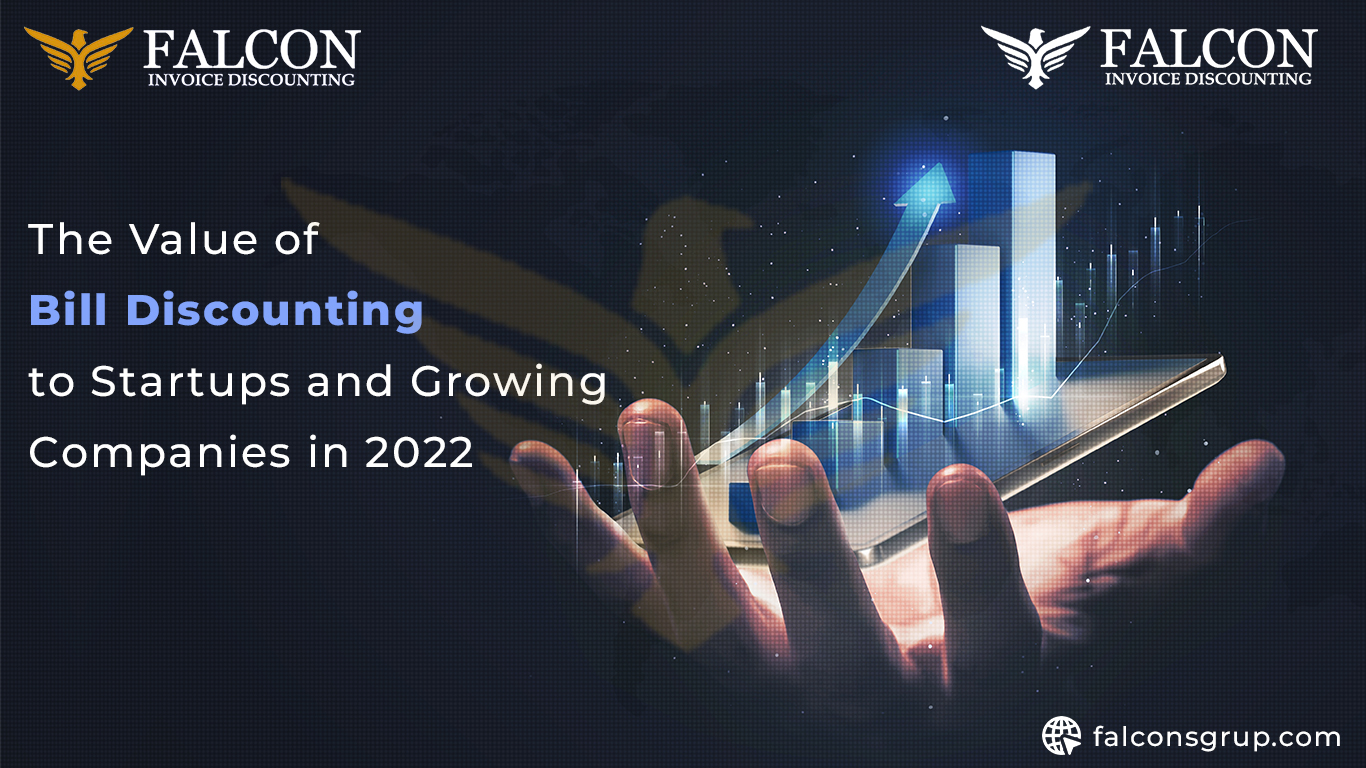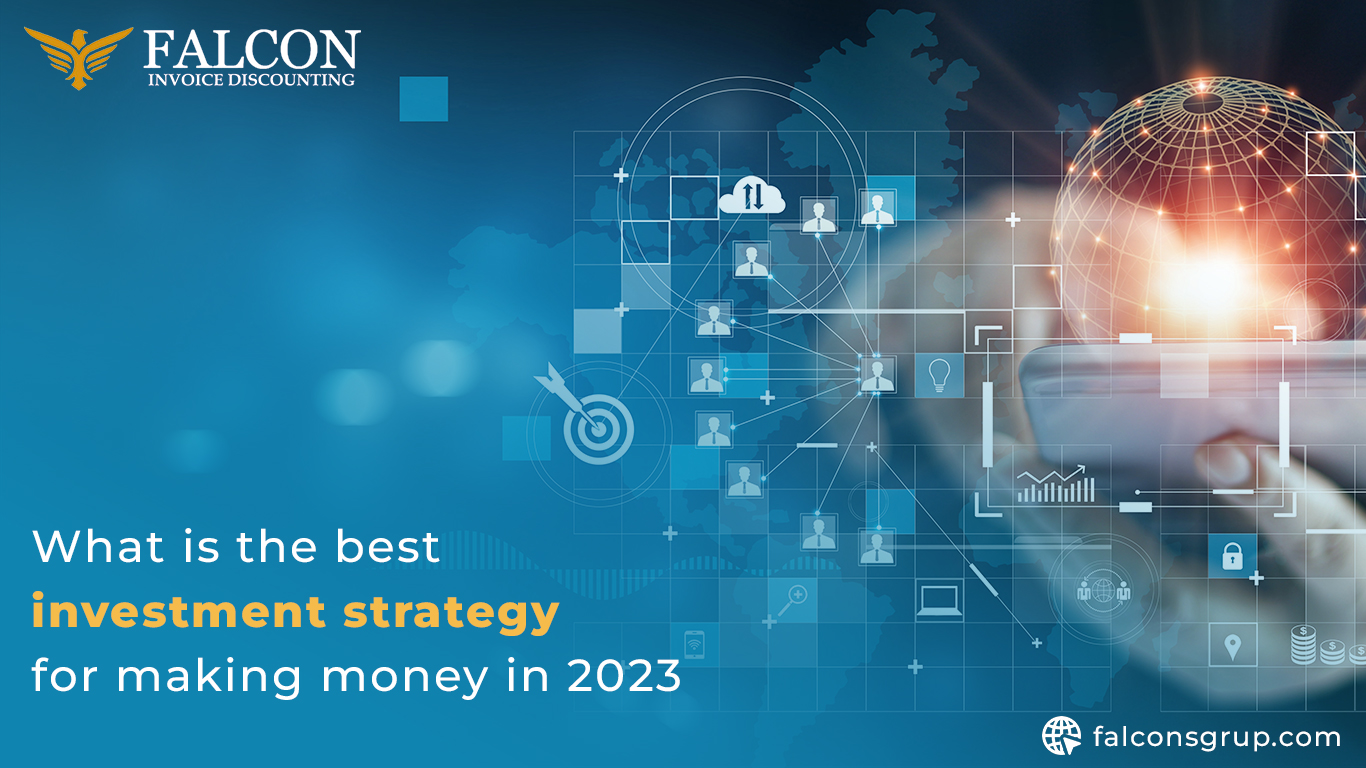
Why Invest in Alternative Investments?
Alternative investments serve as supplementary strategies to traditional long-only positions in
equities, fixed income, and cash. They encompass a range of investment categories, including
private capital, natural resources, real estate, and infrastructure.
What sets alternative investment funds apart are their common characteristics: low liquidity,
limited regulation, low transparency, higher costs, and a relative scarcity of historical risk and
return data. These factors make the alternative investments market distinct and offer unique
opportunities for investors seeking diversification and potentially higher returns beyond the
traditional asset classes. However, it is essential to carefully evaluate these investments and
understand their unique characteristics and risks before considering them as part of an
investment portfolio.
Investing in alternative investments can provide several advantages, diversification
opportunities, and potentially higher returns compared to traditional investments like stocks and
bonds. Alternative investments encompass a wide range of assets that differ from the
conventional options of equities and fixed-income securities.
Invoice Discounting as an Alternative Investment:
Invoice discounting is a unique alternative investment option where investors buy outstanding
invoices from businesses at a discount. Essentially, it involves providing short-term financing to
businesses in exchange for a portion of their accounts receivable. Here's how it fits into the
alternative investment category:
Investors purchase invoices from businesses, which can be considered a form of
lending, but with shorter terms and often higher returns compared to traditional loans.
1. It's an alternative to investing in bonds or other fixed-income assets because it offers a
different risk-reward profile.
2. Invoice discounting is attractive to investors seeking relatively short investment cycles,
typically ranging from 30 to 150 days.
3. This investment opportunity is accessible to a wide range of investors, with a minimum
investment requirement of INR 25,000.
Here, we'll explore the concept of alternative investments, provide examples, delve into how
invoice discounting fits into this category, and discuss the benefits of investing in Falcon invoice
discounting.
Benefits of Investing in Falcon Invoice Discounting:
Investing in Falcon invoice discounting platform can be an attractive option for several reasons:
High Returns: Falcon offers the potential for impressive annual returns of 16-22%, which can
significantly outperform traditional investment options like savings accounts or government
bonds.
Short Investment Cycle: With a typical investment cycle of 30-150 days, investors can access
their funds relatively quickly, making this investment option suitable for those seeking liquidity.
Accessible Minimum Investment: Falcon invoice discounting platform allows investors to get
started with a minimum investment of INR 25,000, making it accessible to a wide range of
individuals.
Transparency: Falcon prides itself on its transparent approach, with no hidden charges or
undisclosed fees, providing investors with a clear understanding of their investment.
Reduced Financial Risk: Falcon Invoice discounting is often considered a lower-risk
alternative investment because it is asset-backed by accounts receivable. If the business
defaults, the investor can typically recover some or all of the investment through the outstanding
invoices.
Conclusion:
Alternative investments offer diversification and the potential for higher returns compared to
traditional assets. Falcon invoice discounting is a unique alternative investment opportunity that
provides attractive returns, short investment cycles, accessibility, transparency, and reduced
financial risk.


















